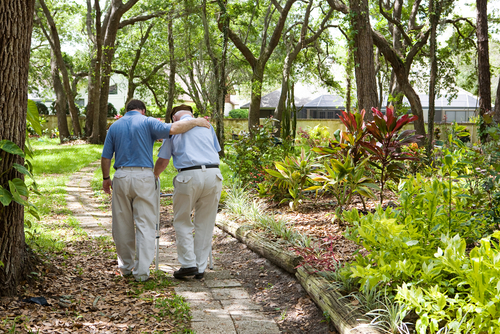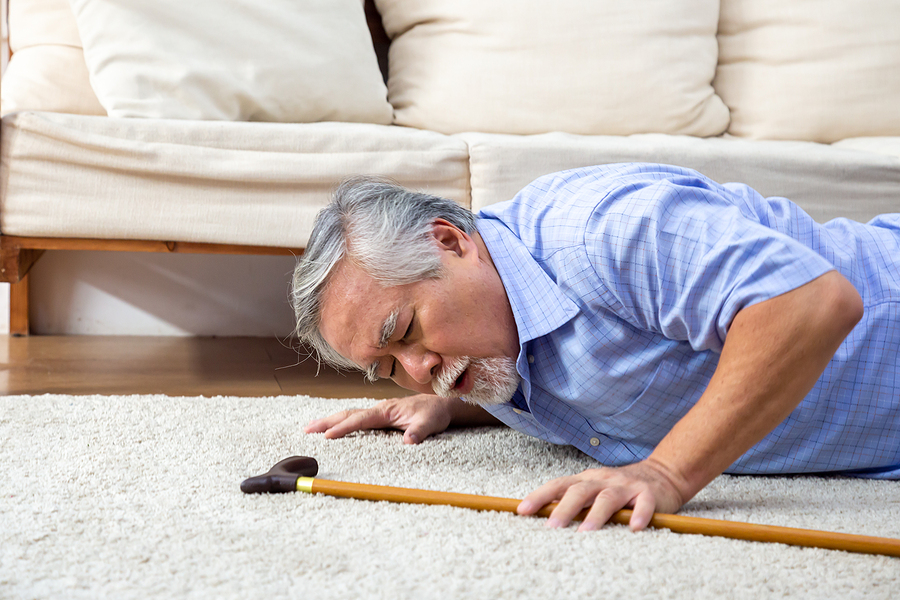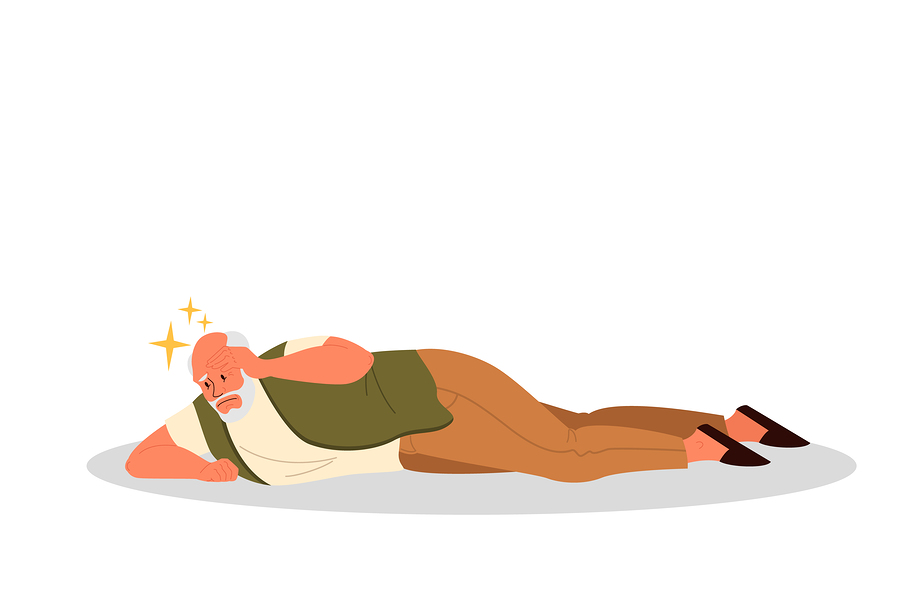Why do the Elderly Shuffle Their Feet?
Category:

Sometimes, you may notice that elderly shuffle feet when they walk and it can be quite concerning. Sometimes, they may not even notice that they’re doing it. But why do elderly shuffle their feet? In this post, we will review some of these reasons as well as some preventative measures.
Reasons for Shuffling of Feet in Elderly
There can be a number of reasons for shuffling gait in elderly, all of which may be part of a larger underlying condition. That is why it is imperative to speak with a doctor about shuffling feet. Some reasons for shuffling gait include:
-
Loss of flexibility in feet making it hard to flex them normally
-
Slippery floors
-
Poorly fitted footwear
-
Arthritis pain in joints
-
Weak hips and leg muscles
-
Anxiety from a recent stumble or fall
-
Inability to maintain balance
-
Decreased reaction time, making them prone to falls
-
Decreased vision, making it hard to see
-
Medication side effects
Download Our Heart Health Guide
Should I Be Concerned about A Senior Shuffling Feet?
Dementia describes a decline in cognitive function, which can include memory loss, problem-solving issues, physical symptoms, and general changes in mood or behavior. People with dementia can often experience balance problems. If you start to notice a senior with a shuffling gait, you should speak to their doctor about whether dementia is the underlying cause. Some of these dementia side effects that can cause balance issues include:
-
Muscle weakness. This can make it difficult to maintain balance, namely when getting up from a chair or moving around.
-
Vision issues. Dementia can cause changes in vision, making it more difficult to judge distances and avoid obstacles.
-
Nerve damage. Dementia can damage nerves that help seniors maintain balance.
-
Inner ear problems. Dementia can lead to issues with the inner ear, which includes vertigo and balance issues.
-
Side effects from dementia medications. If properly diagnosed with dementia, some of the medications used to treat it can cause dizziness and drowsiness.
Dementia is not the only condition that affects gait. There are also a number of other neurological conditions that can affect an elderly person’s ability to walk properly. These include:
-
Brain tumors
-
Cerebral palsy
-
Hydrocephalus
-
Multiple sclerosis
-
Muscular dystrophy
-
Parkinson’s disease
-
Stroke
-
Traumatic brain injury
What to Do About Shuffling Feet in Elderly
Shuffling feet can be quite concerning but there are a number of things one can do around the house to keep a senior safe. Below are some things you can do about elderly shuffling feet.
-
Replace poorly fitting shoes. Whether the shoes are the main source of the problem or if they’re just a small part of a larger issue, it is important to keep the senior comfortable.
-
Monitor medications. Upon taking a new medication, it’s vital to observe whether it is causing side effects, such as dizziness.
-
Keep the home safe. Remove tripping hazards such as rigs or cords and add grab bars in the bathroom for easier maneuvering.
Encourage exercise. Exercise can improve balance and strength. These light workouts can include gentle stretching or even a walk in the park with a loved one.
Subscribe
Date: June 27, 2023
Category:


